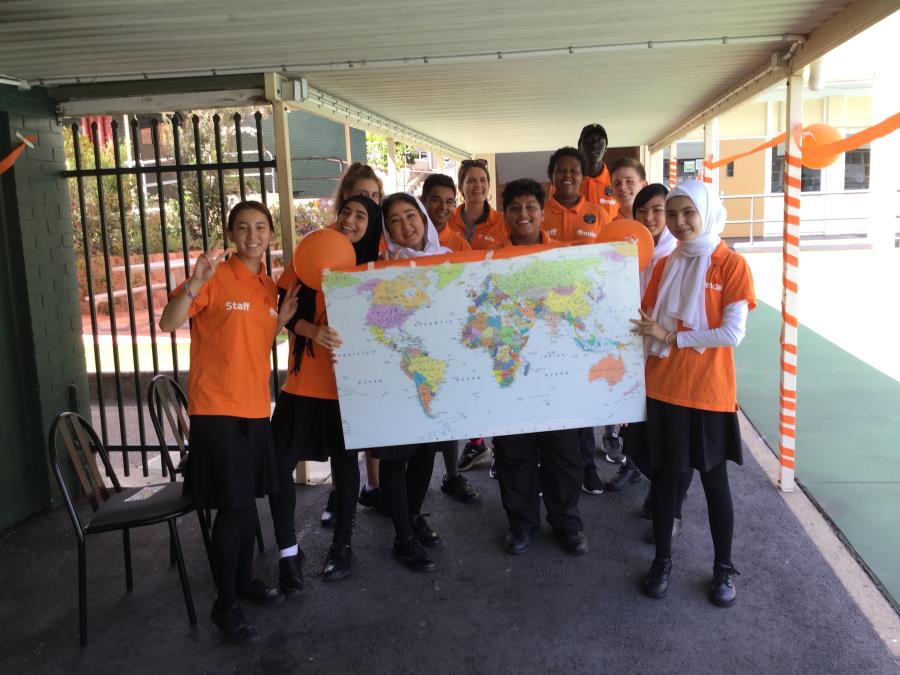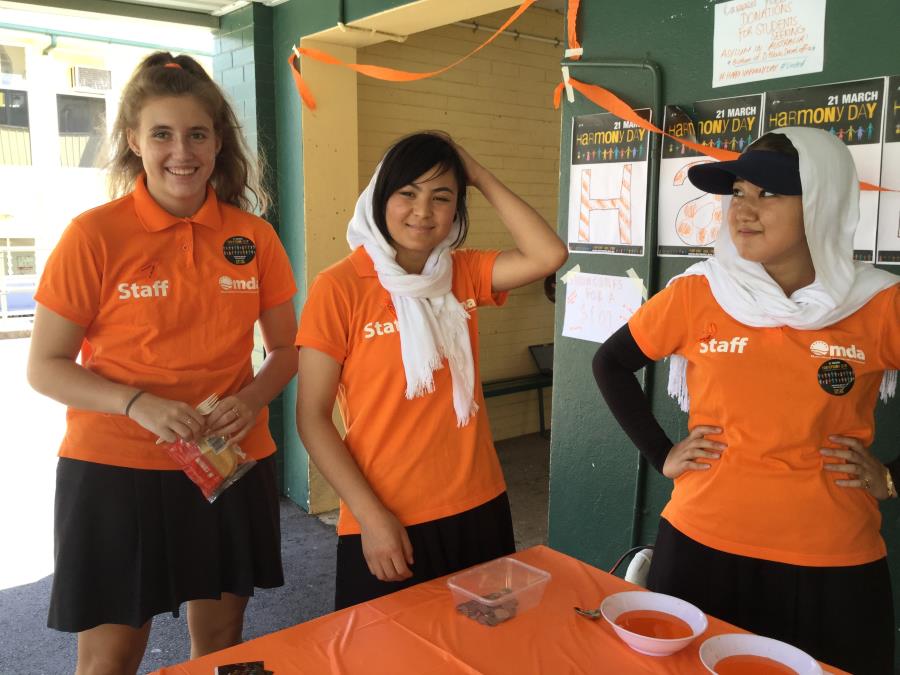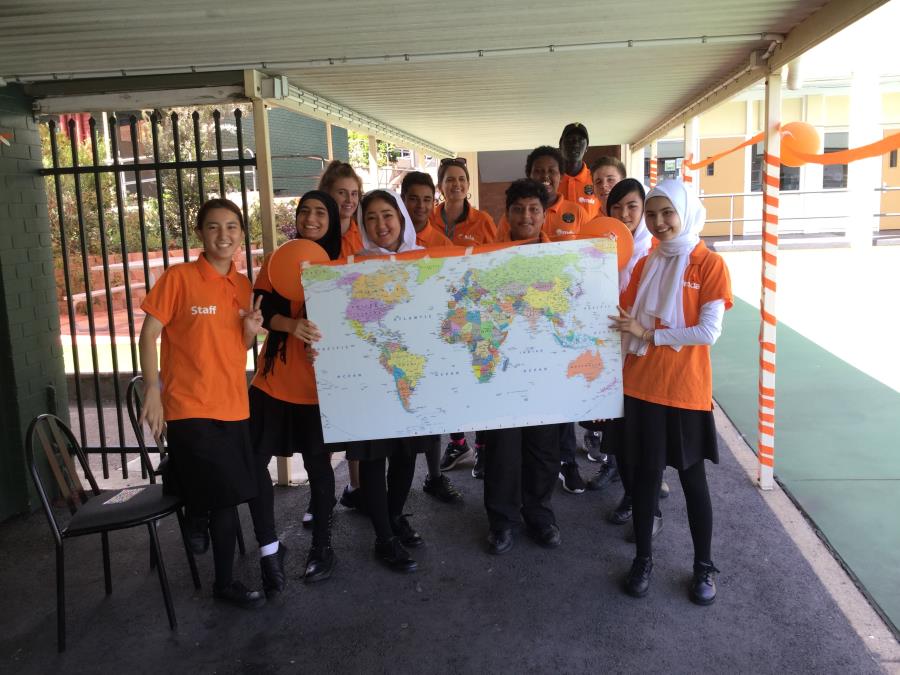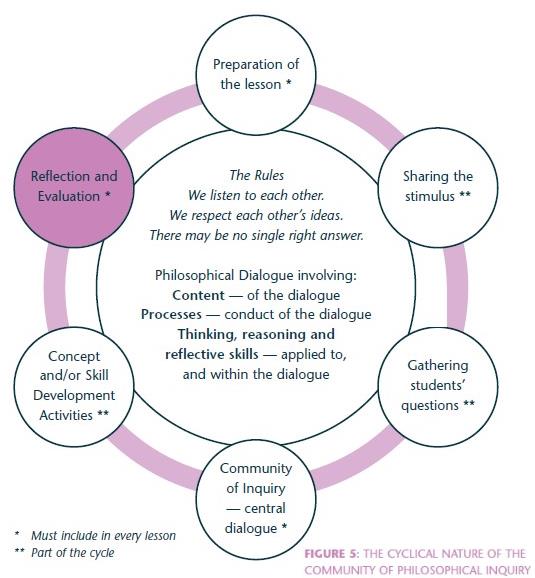Social Network Leaders
The Social Network Leaders form a group of committed and caring students in Year 10. The group welcomes EALD students new to our school and helps them become part of the Yeronga State High School Community. As Social Network Leaders, students support young people newly arrived from diverse cultural backgrounds during their settlement in Australia to provide information regarding schooling in Australia. Milpera State High School transition support days are where Social Network Leaders facilitate educational and peer relationship-building activities for students from refugee and migrant backgrounds to provide practical advice and peer support before they transition to mainstream schools across Brisbane.


Our Social Network Leaders also organise Harmony Day ceremony/activities and lead Y-Tours for parents around the school. Being a Social Network Leader is a stepping-stone to future leadership positions at Yeronga State High School.


Philosophy & Reason
Philosophy is an elective in year 9 and runs as a semester long course with 4 lessons a week. In year 10, Philosophy will be built into the wellbeing programs in P5 on Wednesday which all students will participate in.
Philosophy at Yeronga involves developing a 'community of inquiry' that is based on the values of care and respect for all its members.
Why is Philosophy and Reasoning important?
Philosophy provides opportunities for students to investigate philosophical ideas that have shaped and continue to influence contemporary society, including what it means to be human, how we understand the role of reason in our individual and collective lives and how we think about and care for each other and the world around us.
Philosophy at Yeronga involves developing a 'community of inquiry' that is based on the values of care and respect for all its members.
Philosophical Inquiry:
- enables students to participate in facilitated philosophical discussions about the big questions of life
- assists in the development of thinking and social skills
- encourages students to develop hypotheses, give examples and reasons, build on each other's ideas, justify decisions and recognise inconsistencies in arguments
- values the ability to change one's mind in response to a justified reason
- helps students to think deeply, make reasoned judgments and deal appropriately with conflict
- allows students to apply their knowledge more effectively
| Philosophy Inquiry Skills | Philosophy Reasoning Skills |
- Clarifying the ideas of the community
- Following the thread of the argument
- Considering a variety of perspectives, possibilities and suggestions
- Questioning within the community of inquiry
- Considering the plausibility of evidence
- Exploring degrees of difference
- Applying counter-examples to test your thinking
- Evaluating criteria and forming definitions
| - Testing generalisations with counter-examples
- Forming analogies and testing the underlying generalisations
- Testing assumptions with counter-examples
- Drawing conclusions from evidence
- Inductive reasoning
- Deductive reasoning
- Prioritising ideas
|
Skill DevelopmentThe teaching of Philosophy directly addresses many of the General Capabilities in the Australian National Curriculum.
